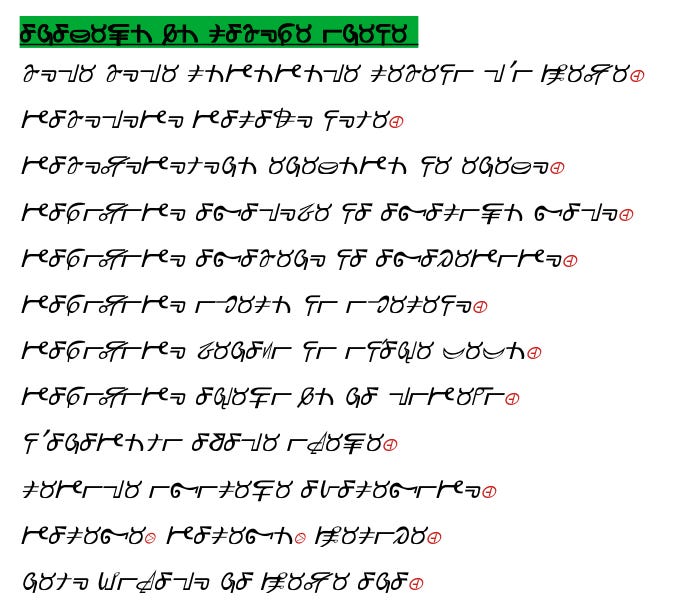Less Latin
By 2100, almost half the major language spoken today would be hyphenated English, a creole of indigenous sounds and imported words from super languages like English, French, Spanish and arabic. Ultra global connectivity means younger people are using the aforementioned super language at a higher frequency than their marital language leading to a slow burning erasure of their maternal languages. For example, almost half of under 25 YO people in Singapore cannot express themselves with frequency in their maternal language.
Efforts for conservation of those languages have met mixed results and no one for now has a foolproof mitigation system. Those include inventing new words especially technical ones to fill in where none exist, compulsory curriculum in native language etc.
Today I will add mine which I think could be useful especially on the pronunciation side, some words can't really be put into paper using the latin alphabet. For such advanced preservation, an overhaul of the principal writing system is needed to maintain a crucial sonority inherent to the language. Written languages are invented, any conservation effort intent of maximising the originality could invent a writing system unique to that language and make sure young people start learning language using it before graduating to the romanized system.
More languages are not going to be here in less than a century. It's normal, it is expected but those who are hellbent on conserving their lingua patrimony, then originality of written words is crucial.


Development of native languages to an academic level is crucial. It is only from this that a literary cannon can be formed, as well as the intellectual dynamism that drives neologisms
The acedemisation of Afrikaans should be looked at as a model but considerations need to be made for the issue of globalisation and "super-language" homogenisation